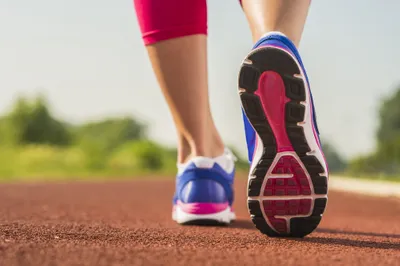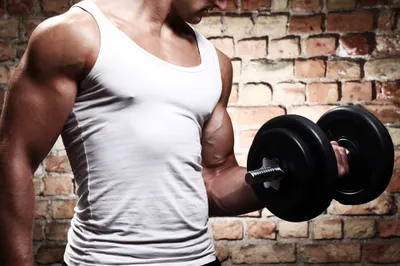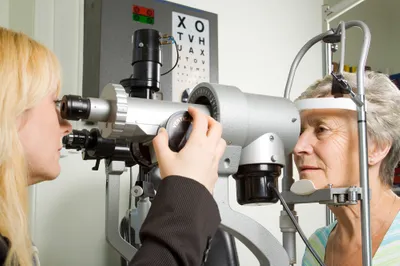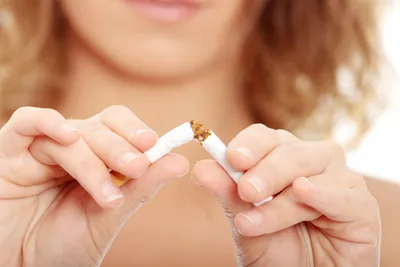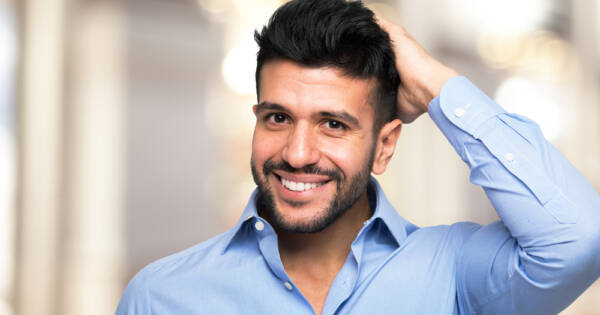Sunsets, sandy beaches, and starry starry nights are beautiful sights to behold, but not being able to see the dials on your stove or the signs on the road are potentially bigger game changers than not being able to spot the northern star. Taking advantage of your eyes could be taking advantages from you down the road.
It is certainly possible for people who are blind or living with vision loss to lead independent and fulfilling lives. Losing your sight does mean a change in your life and rather than make changes in your life due to loss of vision, you can make changes to prevent that loss…
1. Exercise
Exercise is a lot like drinking water in that both are great and necessary for your body’s overall health. Exercise is also great for preventing a loss in vision. Your eyes have many tiny blood vessels in them and cardio workouts help pump your blood through these vessels, removing build ups of fat deposits. Removing these deposits is a good thing. Think of it like removing blockades from a busy street—cars on the road move quickly and get where they need to go smoothly.
Of course, you should check with your doctor before taking on any strenuous exercise regimes. Cardio workouts are easy enough to add to your life and don’t have to be high in intensity. Some examples of cardio workouts include walking, running, and swimming.
2. Eat Healthy
The adage about eating carrots to keep your vision healthy is true. Sort of. A healthy diet does help keep your sight strong for multiple reasons. One reason that maintaining a healthy weight and diet fends off loss of sight is that a healthy body is more protected against diabetes. Diabetic retinopathy, or vision loss or blindness associated with type 1 and type 2 diabetes, occurs when blood vessels in the retina of the eye become damaged.
Another reason that eating healthy helps you protect your eyes is that antioxidants and certain vitamins have shown that they reduce the risk of age-related macular degeneration (AMD). AMD, although it doesn’t cause complete blindness, can cause blind spots in your vision that make it hard for you to recognize faces and drive safely. A diet rich in vitamins A, C, and E can help stave off AMD. You can find these vitamins in fruits and vegetables that are bright in color, like broccoli, oranges, and yes, carrots.
3. Wear Sunglasses in Every Season
While it’s sunny and warm out, sunglasses aren’t easily forgot. However, sunglasses ought to be worn all year round and wearing a hat to block out the rays coming from above provides extra protection. Ultraviolet (UV) rays from sunlight can be harmful to your eyes because they can cause temporary damage, such as photokeratitis or a sunburn on your eyeball, or lead more serious and permanent damage, like cataracts.
Wearing sunglasses with 99- to 100-percent UV A and B protection will protect your eyes from sunlight. And contact lens with UV protection do not provide enough protection on their own; you should still wear sunglasses along with your contact lens.
4. Be Careful When Weightlifting
Exercise is helpful for maintaining your vision, but certain types of exercise might actually cause damage or increase your chances of causing damage to your eyes. Weightlifting is one of this exercises. Researchers found that people who engaged in weightlifting, especially lifting while holding their breath, put pressure on the inside of the eye.
The problem with your eyes being under pressure is that prolonged exposure to this type of pressure puts you at risk for developing glaucoma. Glaucoma is a group of eye disease that can cause damage to your optic nerves, causing vision loss and blindness. Eye pressure and high blood pressure can both lead to glaucoma.
5. Get Regular Eye Exams
Regular checkups with an optometrist help to ensure that you’re doing all you can to protect your sight. Certain eye diseases, such as glaucoma and age-related macular degeneration (AMD) might not display any noticeable symptoms, like vision loss, immediately. And glaucoma, in particular, when detected in its early stages and treated swiftly, can be treated.
If your family has a history of eye diseases, it’s all the more important for you to get your eyes checked out often. Also, if you have either type of diabetes, it’s important to keep tabs on your eyes because diabetic retinopathy can progress quickly in your eyes and cause severe vision loss.
6. Don’t Smoke
We know now that smoking can cause you some major health problems, but did you know it takes a toll on your eyes? Smoking can cause cataracts and age-related macular degeneration (AMD). Also, women who smoke while pregnant might cause the child retinopathy of prematurity, a disease where blood vessels grow in the retina of prematurely born babies.
The good news is that quitting smoking helps. The American Academy of Ophthalmology says that once you quit the habit, your chances of contracting cataracts or AMD decrease so that they are almost as low as people who never smoked a day in their lives.
7. Don’t Drink Too Much
Drinking excessive amounts of alcohol can also cause problems with your vision, and not just while you’ve been drinking. Overtime, heavy consumption of alcohol can increase your chances of developing cataracts. There are methods of treating cataracts, such as getting glasses with bifocals or cataract surgery, but cutting back on alcohol will help decrease your chances of getting cataracts as well as improve other areas of your health.
Some good news for people who like red wine is that moderate amounts of red wine might actually help in reducing your chances of developing cataracts. A study conducted by the University of Iceland found that people who drank moderate amounts of red wine had half the likeliness of developing cataracts compared to heavy drinkers (of any kind of alcohol) and people who didn’t drink at all.

